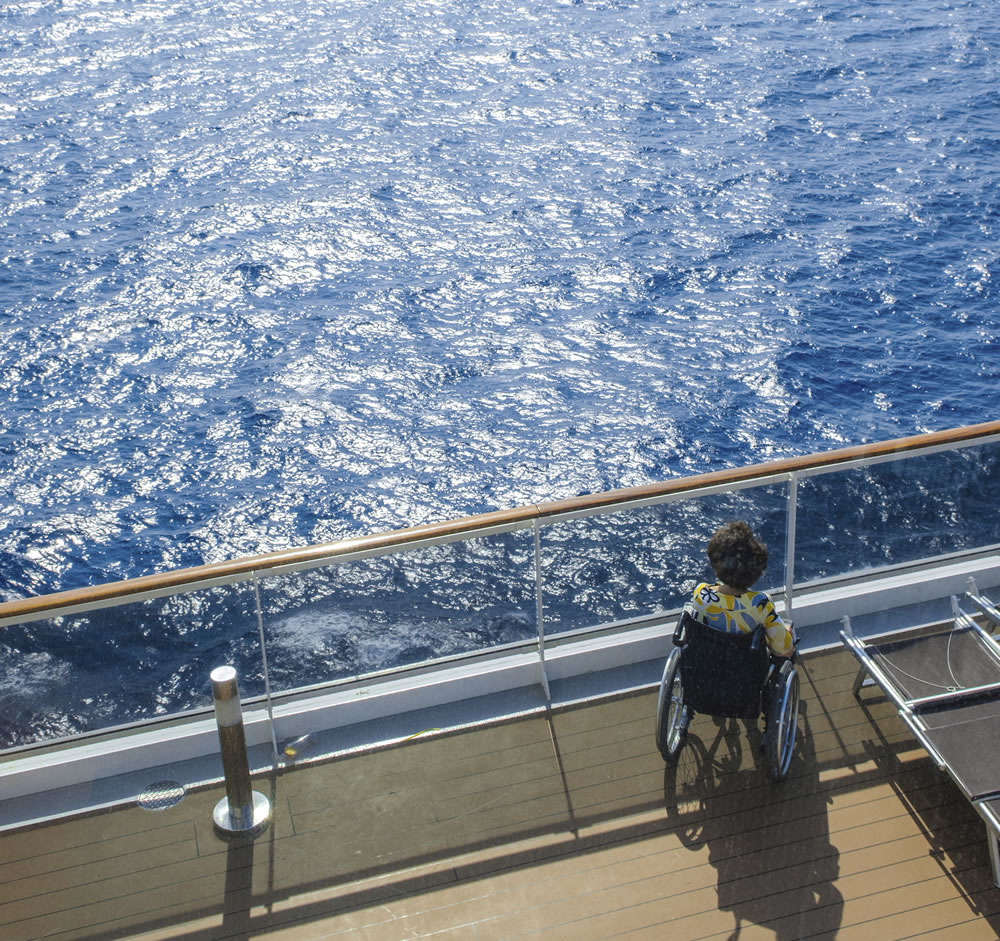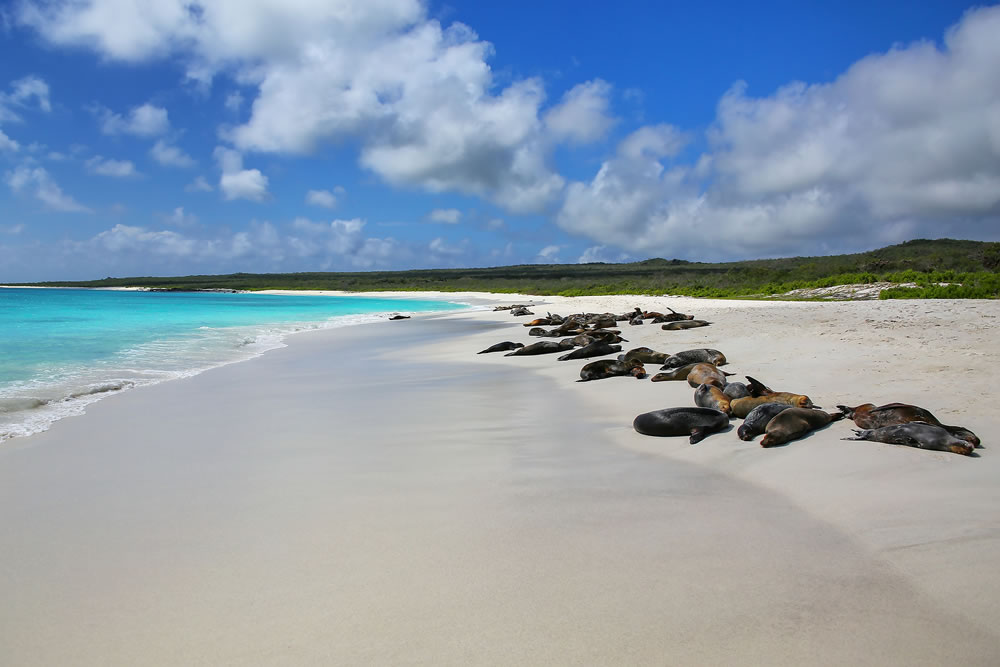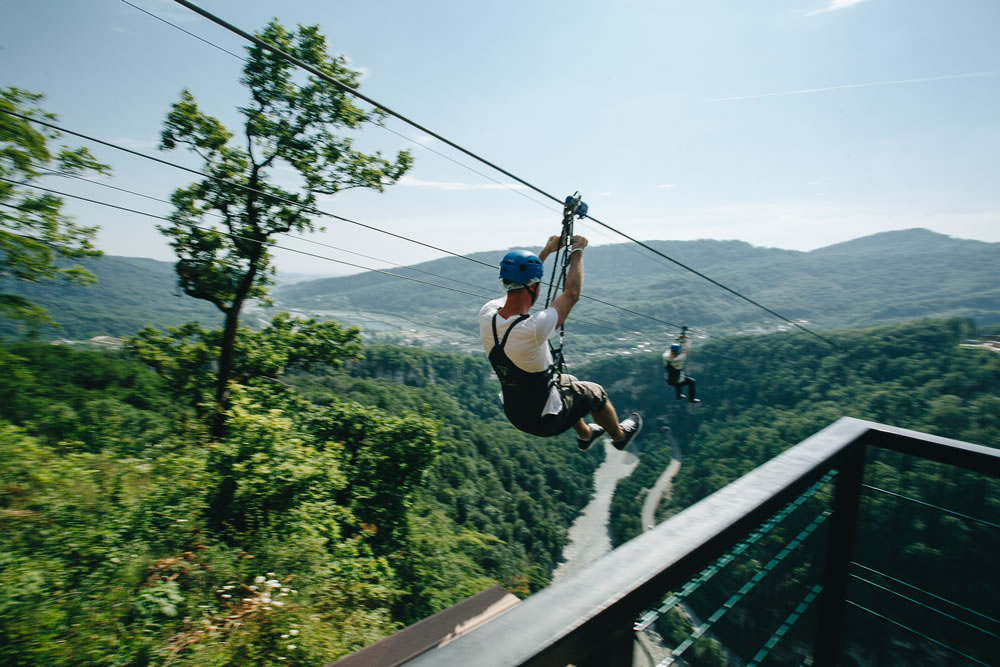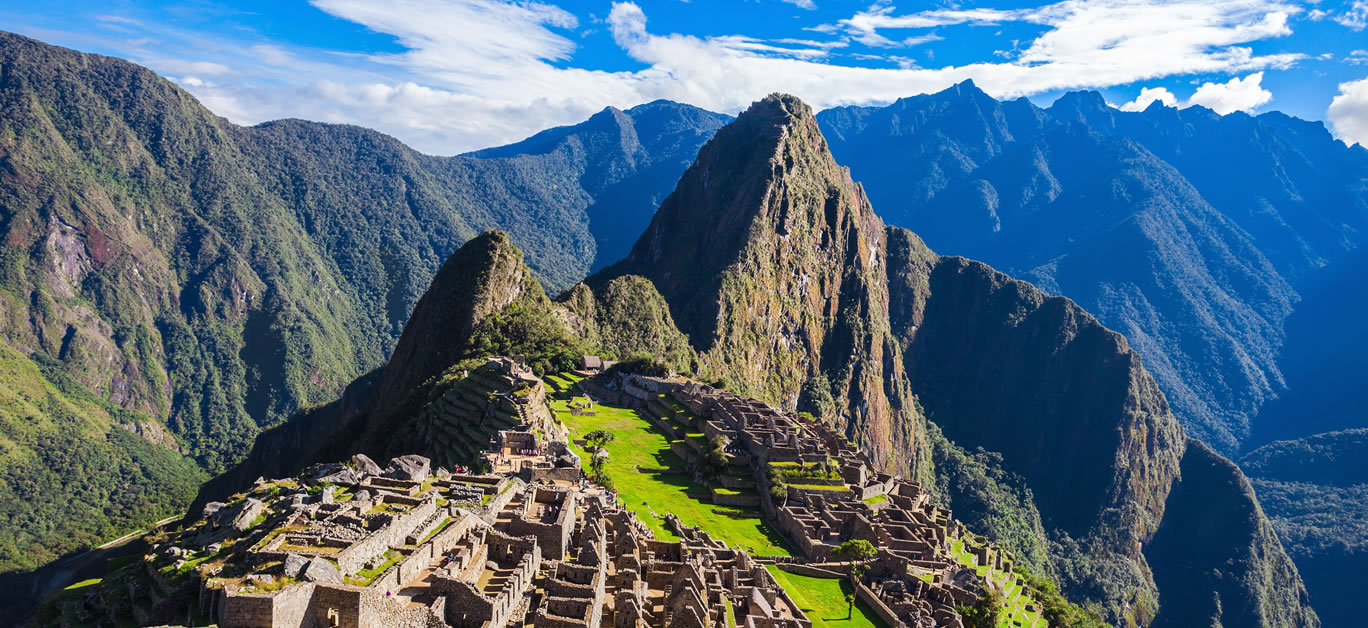Traveling with any disability is always a challenge, but in recent years, tourism has looked to the future to make travel more accessible. We’re seeing a rise of companies and tour operators accommodating for wheelchair bound and other ailments that prevent a person from being able to access an experience. For instance, if you’ve seen the heartfelt stories of a quadriplegic hang gliding over the Austrian Alps or a wheelchair bound person hiking the Inca Trail in Peru, then you know that there is a real push for change.
With today’s technological advancements, traveling to even the most remote parts of the earth with a disability is not only doable, but encouraged. Afterall, everyone deserves to experience the thrill of floating on water or sliding down a canyon. A particular example of an advancement in technology is a light weight mobility scooter. What was once a piece of heavy equipment, that made transport easy, but traveling hard is now a versatile and lightweight tool. For instance, Monarch Mobility scooters feature a folding design that is intuitive and easy to use. As a result, the scooters can be ready in a matter of seconds and can easily fit into car boots, which is important to anyone who travels with a disability, especially for getting around a destination.

If you’re looking for an accessible adventure, most tourism board sites have an accessible section, which details the activities that are disability friendly, but here are five examples of accessible adventures you can do from a wheelchair around the world.
Cruise to the Galapagos
The last place you think would be accessible is the Galapagos islands, but most tours to the archipelago of islands accommodate for a variety of disabilities including wheelchair bound. Tour operators have the means and equipment to bring the best of the islands to you, from snorkeling with sea turtles to bathing with sea lions on the shore. They even arrange transport to and from accommodations to sites and other locations.

Off-roading in the Amazon Rainforest
The Amazon Rainforest and its vast labyrinth of meandering rivers and tangled vines has attracted intrepid travelers for years, but in recent times the natural wonder has become accessible to all. By using off-road wheelchairs people are able to experience the wonders of the rainforest, including learning about the different types of plants, animals and sounds.
Canyoning in Portugal
Canyoning uses a variety of techniques including walking, climbing, jumping and abseiling. It doesn’t sound very accessible, but in some parts of the world, including Portugal, Canyoning is accessible to all, from the blind, deaf and leg impaired. Special equipment is used to help hoist and or lower people who are unable to use arms or legs to scale the canyon while the hearing and sight impaired will be taken care of by staff who are trained in sign language and have the ability to care for the blind.

Zip lining in South Africa
Zip-lining is a common activity among adventure travelers. This activity is likely the most accessible activity for the disabled as it doesn’t require much extra equipment or attention. Many zip-line tour operators have implemented an ability to cater for the disabled, giving them the same experience as anyone else—flying through the trees like a monkey. For the visually impaired, there are also touch and feel experiences, which allows them to get a sense of a location.
Skiing in the Swiss Alps
You don’t need legs to ski. Thanks to the invention of a sitski, anyone can experience the thrill of sliding down a mountain on a ski. Some even offer heli-skiing, but the ski-lifts are usually disability friendly as well. Those with a disability will be fitted with a sitski and depending on the location, a harnessed guide will tow you uphill using ropes so you can ski down a mountain, feeling the fresh powder between your fingers and the cold air on your face.






















